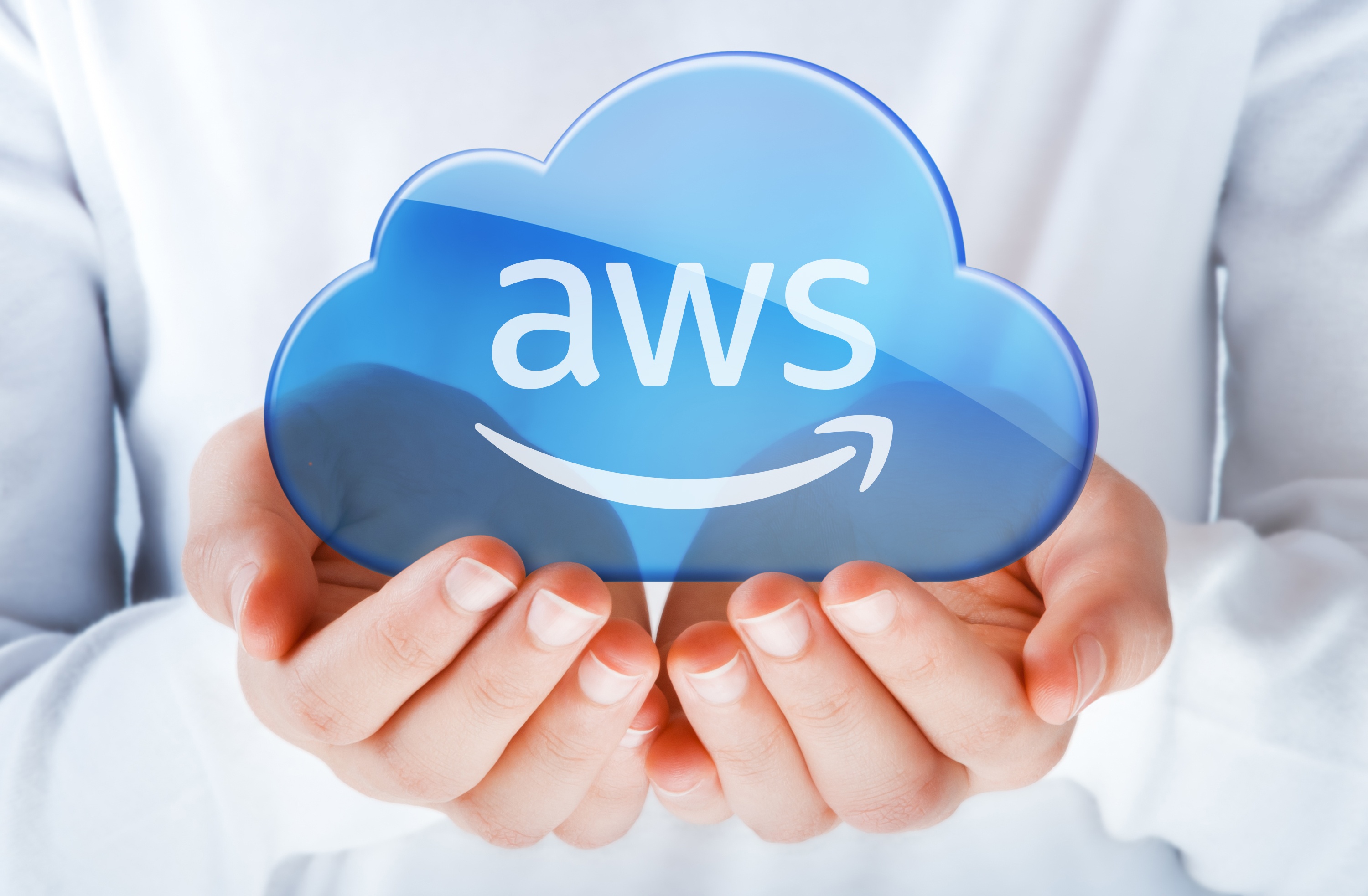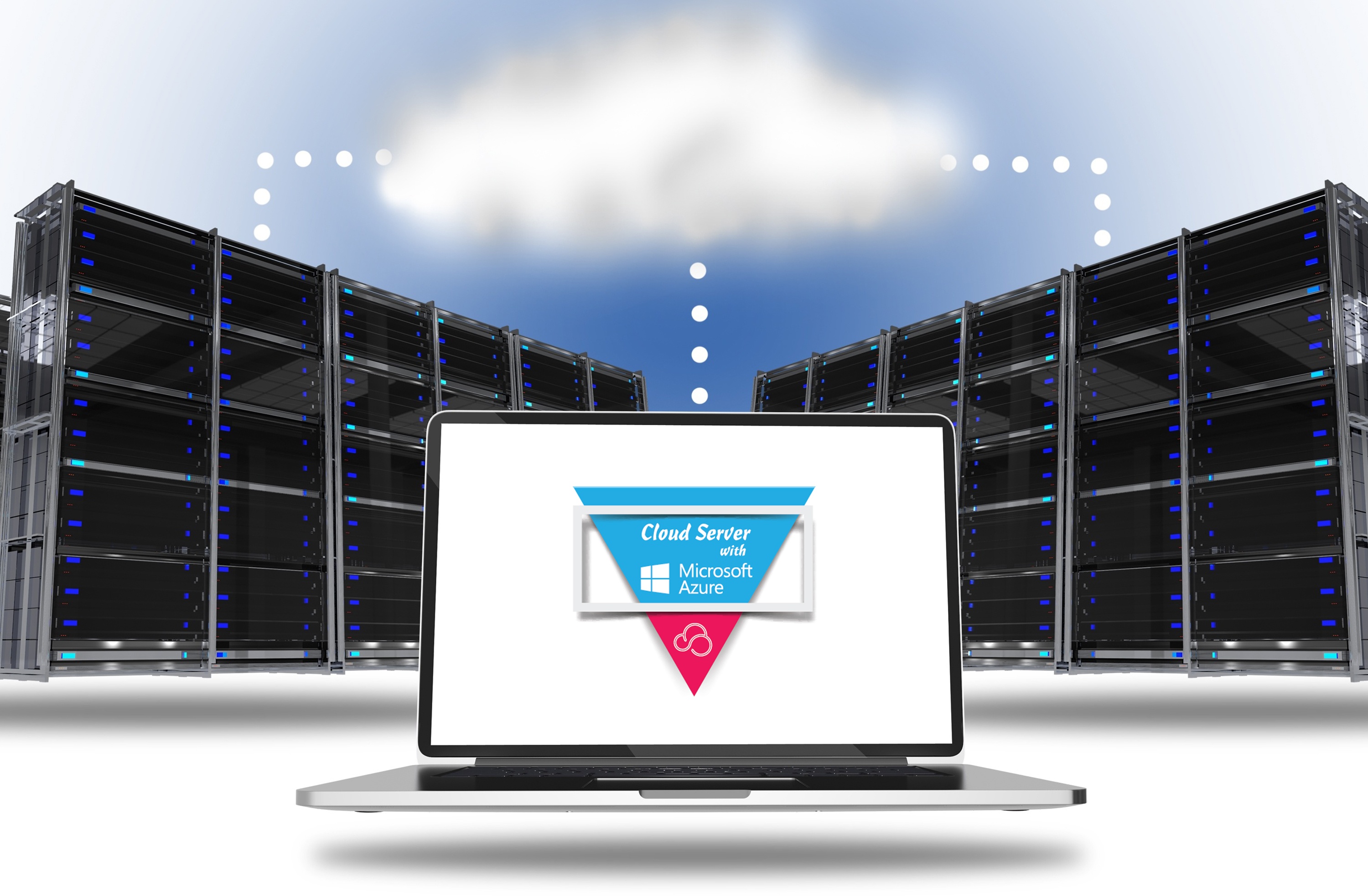In today’s digital workplace, a cloud vendor is essential for innovating and growing your business. And there are a lot of factors to consider when deciding on a platform to use. For example:
- Which is the most cost-effective?
- What are the business benefits?
- How can they improve our efficiencies?
With the Infrastructure as a Service (IaaS) market expected to reach £32.1 ($45) billion this year, it’s important that you choose wisely. Let's compare the top three vendors: AWS, Azure and Google Cloud.
But first, some commonalities...
AWS, Azure and Google Cloud offer similar public cloud capabilities.
They’re all self-servicing, auto-scaling, compliant and highly secure vendors that offer both IaaS and PaaS (Platform as a Service).
The three vendors are also involved in areas such as machine learning, and they offer a variety of innovative features like the Internet of Things (IoT) and serverless computing.
In terms of infrastructure, Amazon and Microsoft have at least one million datacentres across the globe. As a multi-national enterprise, this should factor into growth as your business becomes more dependent on a vendor.

Amazon Web Services:
Since the initial offering of cloud services back in 2006, AWS has been one step ahead. It’s the leading cloud vendor and has an estimated market share of 40 percent.
AWS offers the largest range of services with almost 100 tools across computing, storage, database, mobile, analytics, networking, software development, IoT, enterprise applications and security, as well as many other areas.
But this can be a complication. Many businesses find AWS’s offerings too broad and as a result, too complex. What’s more, they often shy away from hybrid-cloud solutions as they see little benefit in companies still using on-site private servers. For many financial institutions, however, this is an effective way of keeping sensitive information secure.
AWS also offers deployable capabilities that exceed those of Azure. Transport for London (who mostly deploy Microsoft solutions) chose AWS to manage its website, which handles a load of 2,000 to 3,000 requests per second.
"One of the reasons we chose AWS is that it is very good at allowing you to build what you need," says TfL’s Solution Architect, Dan Mewett.
"The majority of our [systems] are Microsoft based, but it can’t allow us to mix and match the solutions we want to deliver these kinds of volumes. That is one plus point for AWS that really helped."

Microsoft Azure:
Azure’s biggest advantage is its legacy. Many companies already depend on pre-cloud Microsoft services and, as a result, can transition their business to Azure easily. It’s like upgrading a mobile and staying with the same network.
Consequently, the company is rapidly growing. Microsoft’s biggest strength is its PaaS offerings like Power BI, Office 365 and Enterprise Mobility Suite.
But, like Apple, the company doesn’t deploy services that can be used across multiple vendors. If you’re operating entirely on Windows, this isn’t a problem. However, if you operate with non-Microsoft products, this could pose a complication to your growth strategy.
Despite this, it is competitively priced. According to RightScale, Microsoft dropped 24 out of 26 price offerings for its public cloud last year, and prices are expected to fall again in 2018.
At Cloudswitched we offer a complete "end-to-end" solution for transitioning to a Cloud server with Microsoft Azure.

Google Cloud:
Google Cloud seems to be a strong platform for younger, cloud-native businesses. But, because it was last to join the race, its struggled to break into the enterprise market.
Recently though, things may be changing, with Google achieving record-breaking levels of revenue this year thought to be boosted by their cloud services.
Despite this delay, Google seems to be jumping in the pool half way down the lane, rather than copycatting AWS, and is focusing its efforts on developing intelligent machine learning tools that help developers build smarter tools.
With a toolset that is much smaller than Azure and AWS, Google can focus its abilities to help businesses deliver faster, more efficient instances, as well as pour their resources into innovative areas like Big Data.

Is there a winner?
AWS is certainly leading the race. Its platform offers the widest array of applications and its ability to adopt third-party services makes it a smart choice for large multi-nationals with multiple partnerships.
But, Azure is catching up and has its legacy to rely on. It offers a robust security matrix and an easy-to-use, visual platform that will undoubtedly boost efficiency.
Google, however, remains the most innovative vendor despite its lack of experience. Although, considering its rate of growth, it’s possible that the underdog may one day lead the pack.




